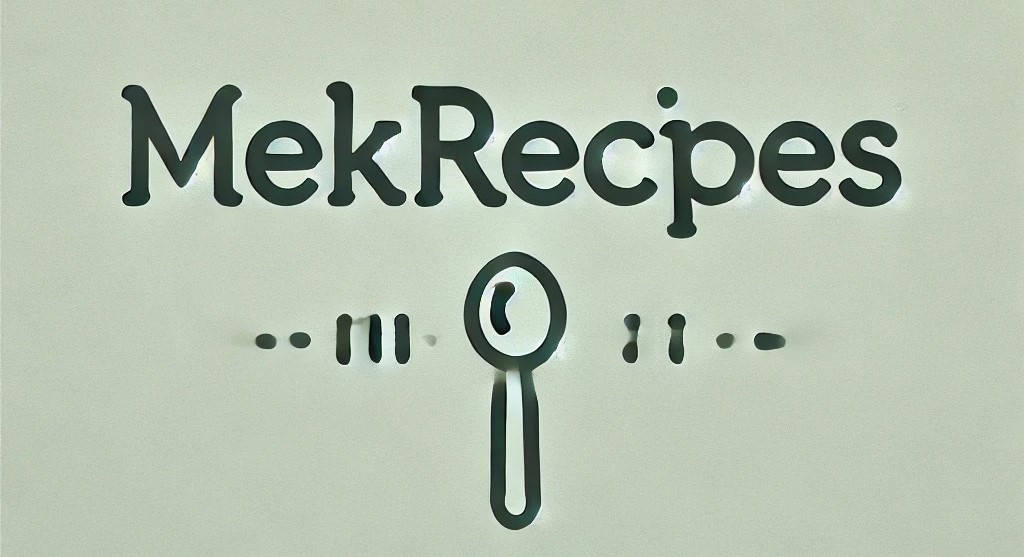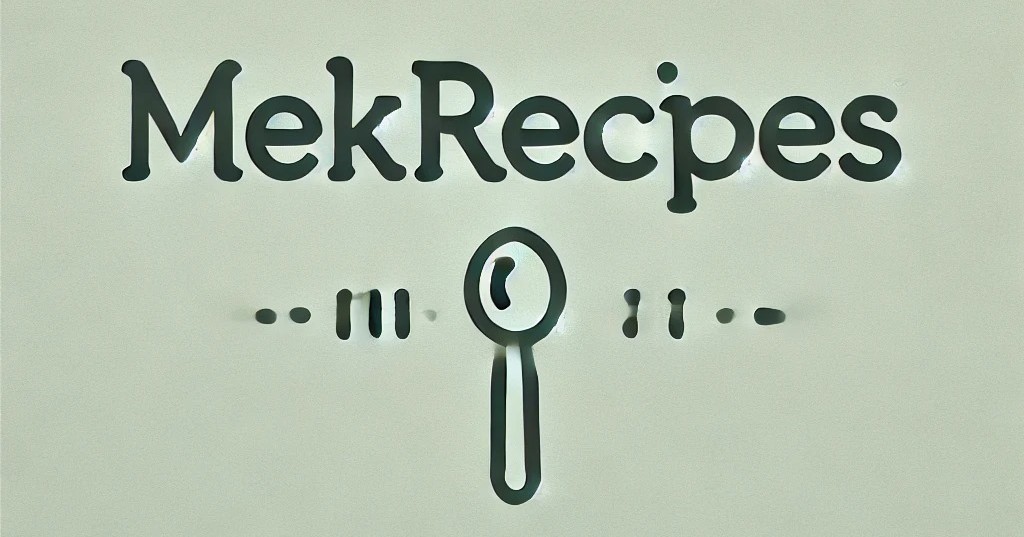So long as cocktails have been round, so have bitters—the very definition of a cocktail, in response to Jerry Thomas’s 1862 guide “Bar-Tenders Information: Tips on how to Combine Drinks,” contains bitters, plus spirit, sugar, and water. These potent little bottles usually include impartial alcohol—although alcohol-free manufacturers do exist immediately—that’s been infused with any variety of herbs, spices, botanicals, and roots, including prompt complexity to a cocktail. In spite of everything, an Outdated Usual with out a few dashes of Angostura bitters simply isn’t the identical drink, irrespective of how scrumptious the whisky is you’ve chosen to combine with.
“Consider bitters because the spice cupboard of your own home bar,” says Laura Unterberg, former head bartender at The Fox Bar & Cocktail Membership in Nashville. “Including richness and depth of taste, bitters are an indispensable a part of your cocktail, particularly for mixing with spirits like whisky that don’t have any added botanicals or flavors.”
Similar to utilizing spices when cooking, the quantity of bitters you utilize in your cocktail issues. “Much less is extra—begin with only one drop, style, after which add extra to your desire,” Unterberg advises. “When you’re making cocktails for a crowd and seeking to save time, be happy to pre-add the bitters to your sugar syrup, however don’t be tempted so as to add bitters to your whisky upfront. Bitters have tiny micro-particulates of bitter herbs and botanicals. They’ll proceed to extract or ‘bloom’ and alter with time. Including them to alcohol and letting them sit can expedite this course of in an disagreeable approach.”
Angostura was the primary mass-produced bitters model—its founder Johann Gottlieb Benjamin Siegert initially meant for the product, with its gentian-root base, to be a digestive tonic when he launched it in 1824. Equally gentian-based, the fragrant bitters model Peychaud’s got here round by the 1850s and each Angostura and Peychaud’s are necessities on a whisky fan’s dwelling bar.
Past these two staple fragrant bitters, there are seemingly limitless manufacturers and flavors accessible immediately, from citrus and different fruits to tobacco, mole, and even umami. “At typically beneath $20 a bottle, bitters might be an effective way to experiment and check out new flavors in your cocktails,” Unterberg says. “I are inclined to choose vivid, citrusy bitters like lemon or bergamot with spicier, rye-forward whiskeys; wealthy dessert-y bitters like chocolate, cinnamon, and cardamom with corn-based whiskeys like bourbon; and fruity plum, hibiscus, and celery bitters with a whisky that has a malty spine.”
Making your individual bitters isn’t rather more sophisticated than mixing up a cocktail, although it requires some persistence as you enable your substances to infuse to attain the precise efficiency. “The No.-1 rule for making bitters at house is to infuse your substances individually,” Unterberg says. “For instance, for cooler climate, I like making what I name Breakfast Tea bitters, which include cinnamon sticks, orange peel, and black tea, however cinnamon and orange peel extract extra slowly than black tea, so if I have been so as to add all these substances to the high-proof solvent on the identical time I’d be left with unbalanced bitters.”
When you’ve nailed your DIY bitters, strive them out in a scrumptious whisky cocktail. For her Breakfast Tea bitters, Unterberg recommends her Breakfast Outdated Usual, comprising 2 ounces malt-forward rye, like Willet or Outdated Forester, 1/2 ounce maple syrup, and two dashes bitters, and her Breakfast Toddy, which mixes 2 ounces fruit-forward completed bourbon like Angel’s Envy, 5 dashes bitters, 2 ounces scorching water, and a lemon wheel.
Breakfast Tea Bitters
by Laura Unterberg
- 1 3/4 oz. contemporary cracked cinnamon sticks
- 3 1/2 oz. unflavored loose-leaf black tea*
- 1 3/4 oz. dried orange peels
- 4 cups overproof vodka
In three separate sealable containers, like mason jars, soak cinnamon sticks, black tea, and dried orange peels in sufficient overproof vodka to completely submerge the dry substances (roughly 1 cup for every container besides the tea, which requires 2). Enable the black tea infusion to steep for two weeks, and the remaining infusions for 4 weeks. Pressure every, then mix the cinnamon tincture, orange tincture, and black tea tincture in a sealable container and retailer in a cool, darkish place.
*Unterberg usually makes use of Keemun or Nilgiri tea, however any good high quality English breakfast tea is appropriate, and even tea baggage are effective in a pinch, they simply gained’t extract as a lot taste as a result of they’re typically a bit staler than loose-leaf tea.



